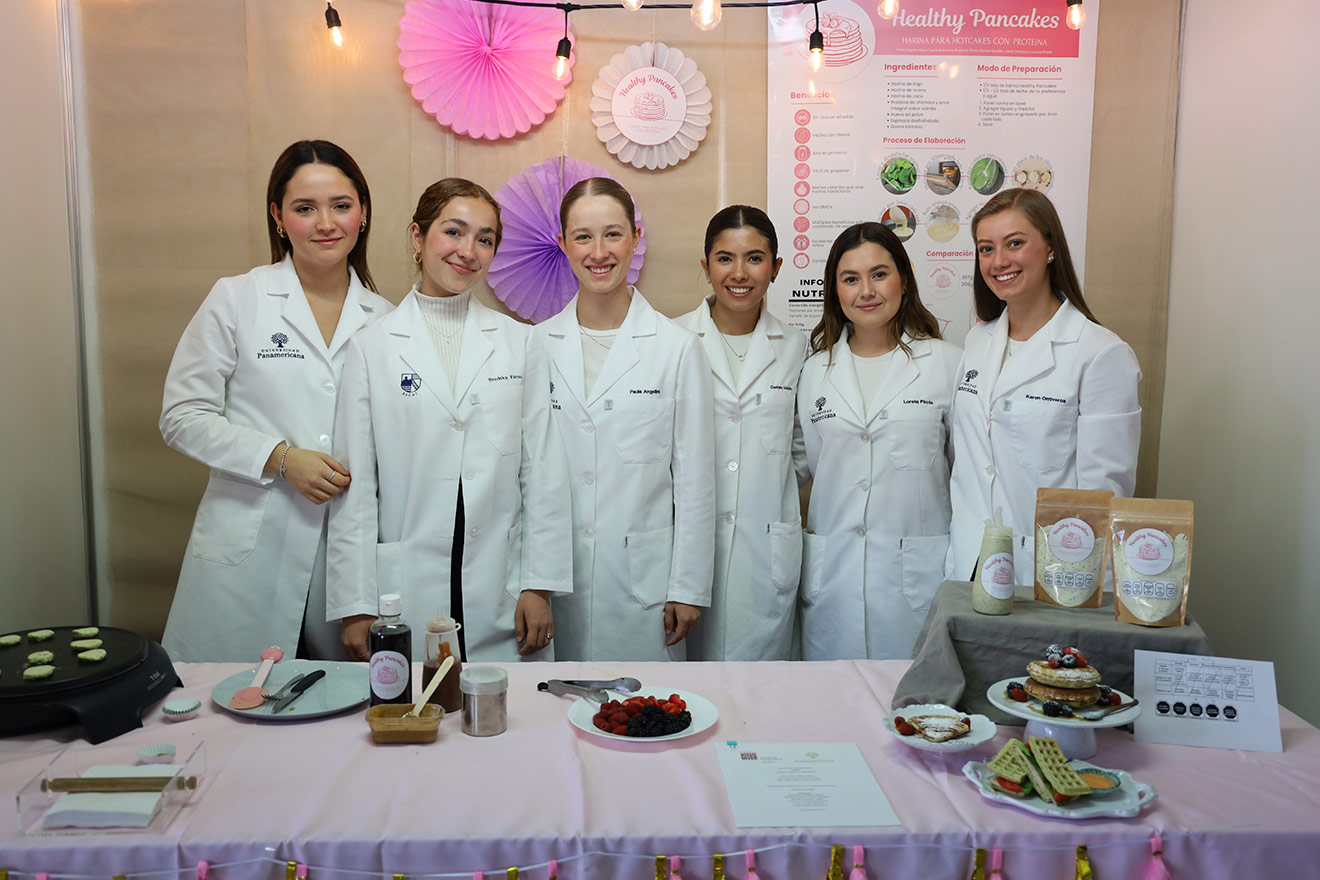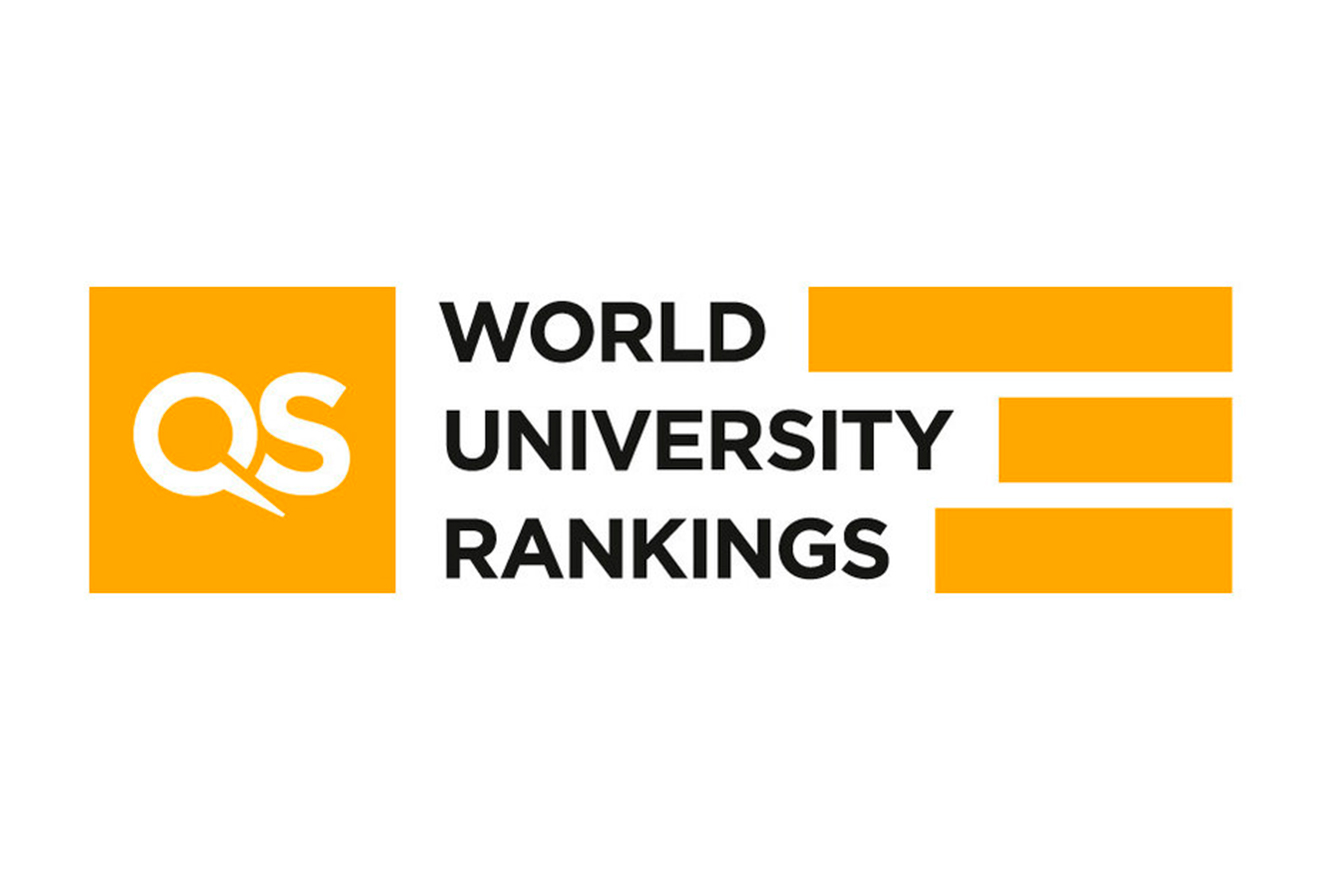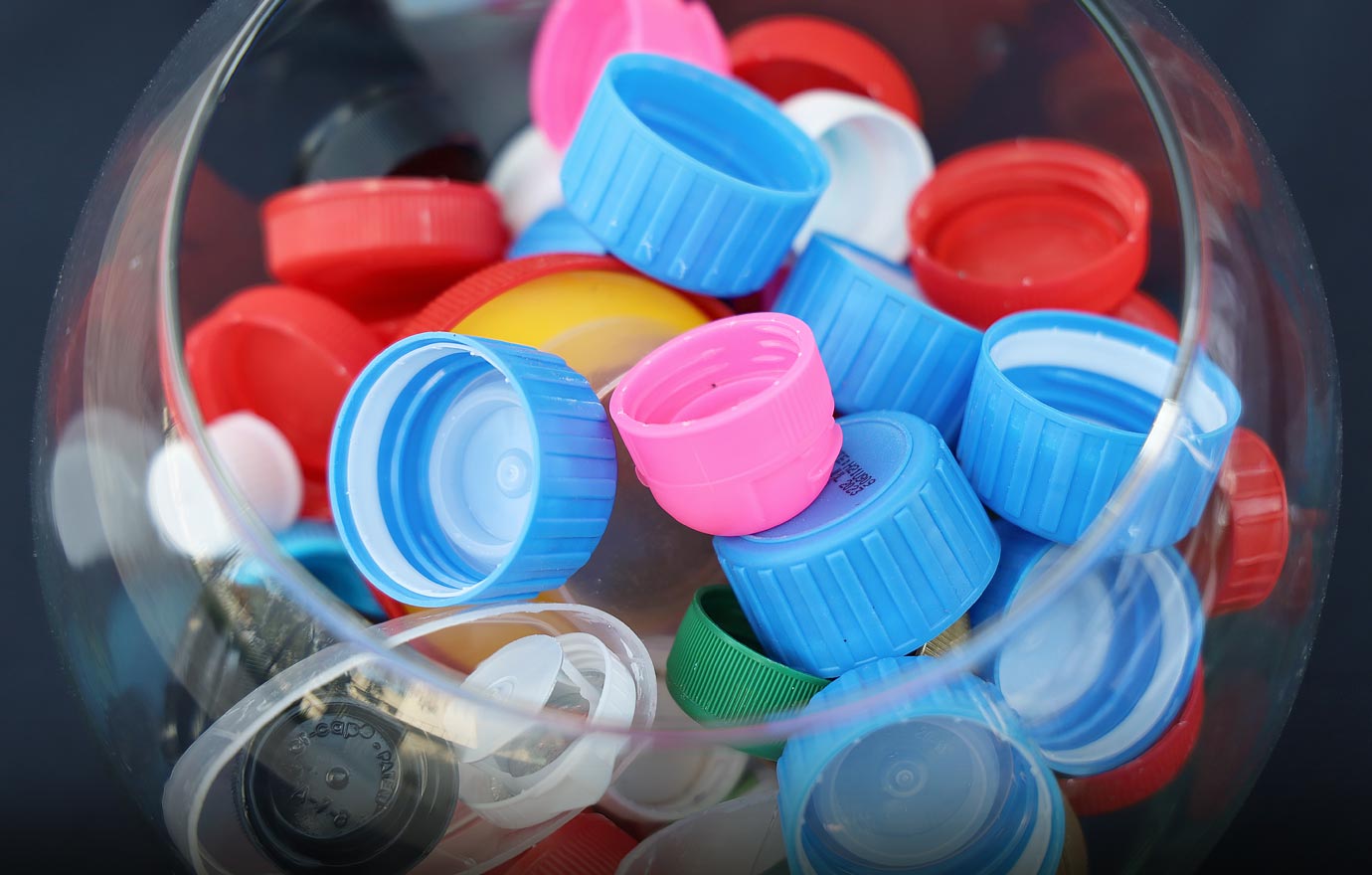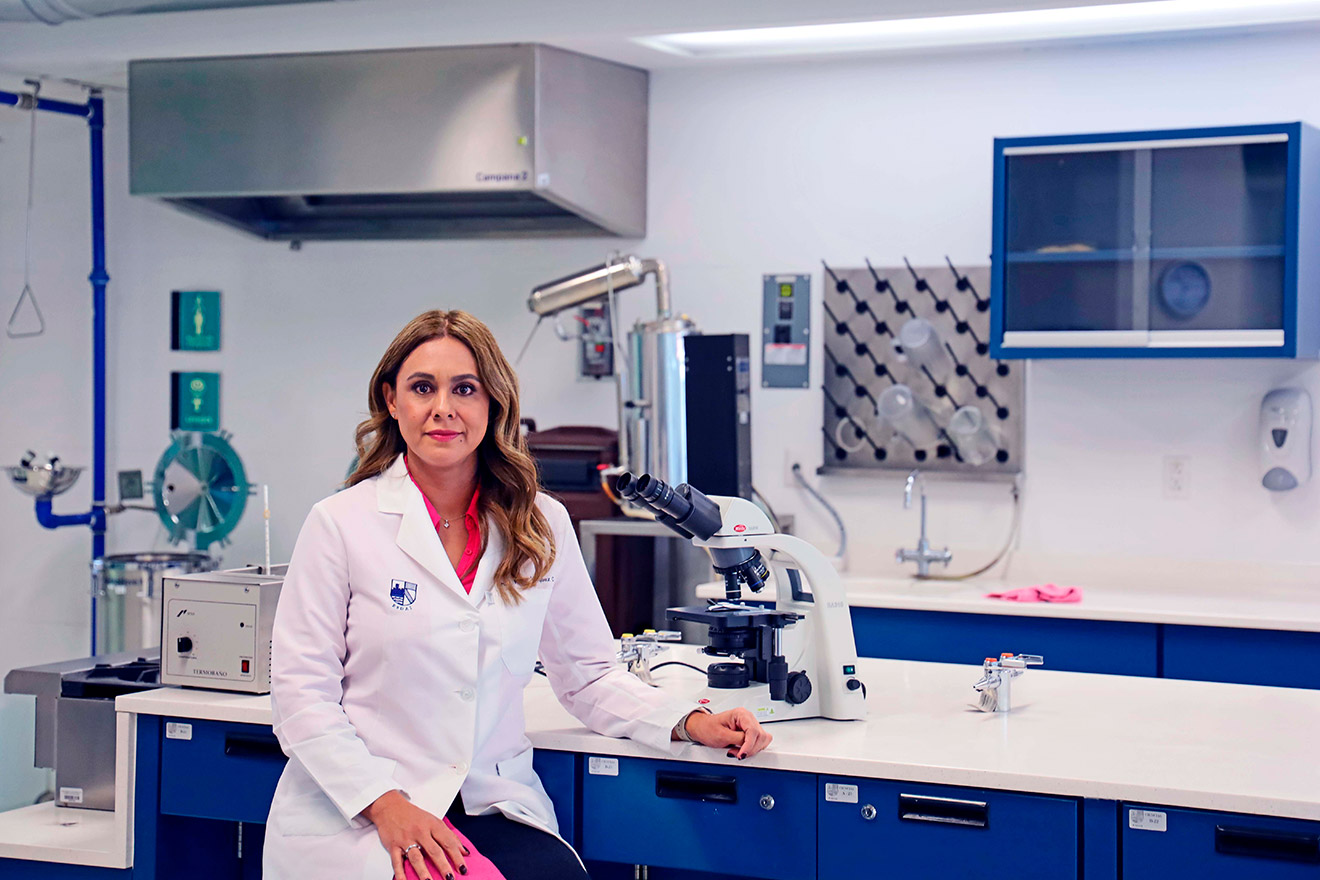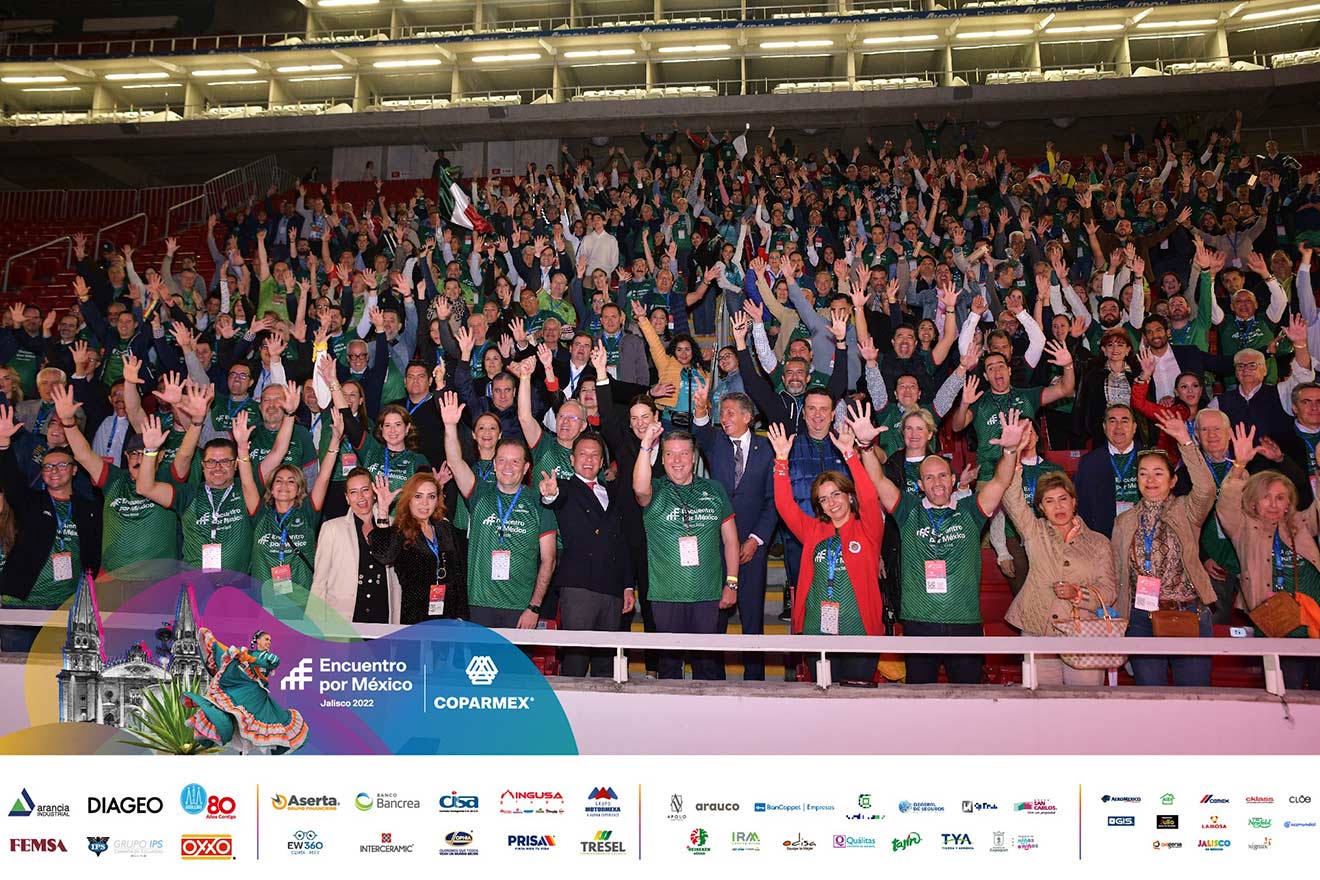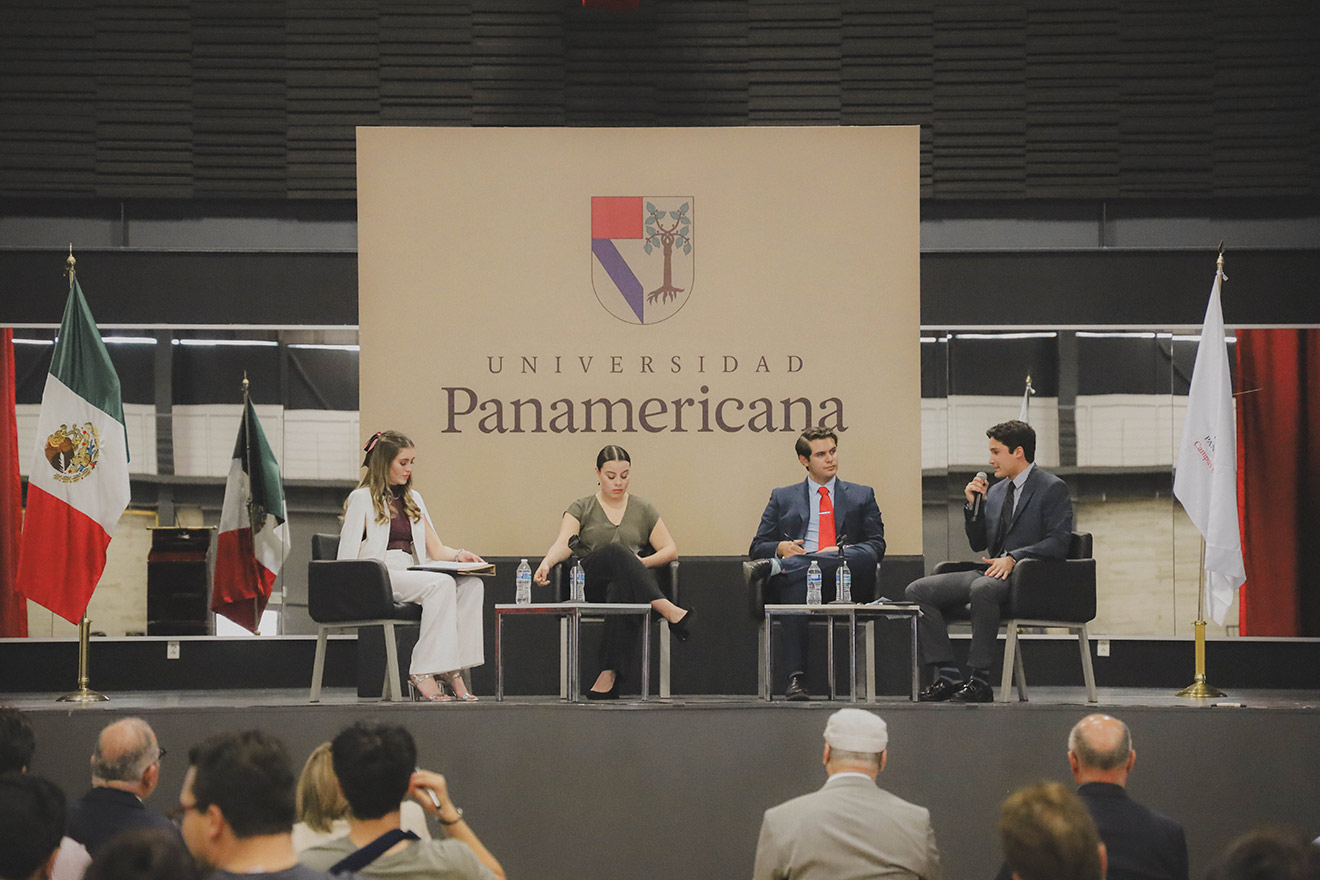Aguascalientes, Ags. February 1, 2023.- The expert in social responsibility, Gustavo Pérez Berlanga, director of social responsibility and sustainability of Toks Restaurants, was invited to our Panamericana by the School of Food Business Management to give a lecture on the social responsibility that companies, especially in the agri-food world, have with the communities.
"Describe in one word how the world is today", this sentence started the conference "From awareness to action: Responsible business in the community" given by Gustavo Pérez Berlanga.
"Corrupt", "diverse", "decaying", "complex", "insecure", "destroyed", "worn out"... were some of the responses from the audience.
"We live in a very complex world where there are no simple solutions. When you try a solution, you create a problem somewhere else," he says.
In a 2020 study by an institute, which serves 250 of the most -economically- powerful companies on the planet, even more powerful than 150 countries combined. This group came up with 12 macro trends, of which the entire conference broke down the most relevant aspects:
DEMOGRAPHIC ASPECT
- Generational change
- Population growth in Asia and Africa
ENVIRONMENTAL ASPECT
- Aggravation of climate impacts
- Pollution, degradation and scarcity as catalysts for innovation
ECONOMIC ASPECT
- Short-term crisis. Long-term recession.
- Peak of globalization and the Asian boom
TECHNOLOGICAL ASPECT
- Impacts of automation
- "Datification" the preeminence of Big Data.
POLITICAL SIDE
- Increased polarization and radicalization
- Geopolitical instability
CULTURAL ASPECT
- Materialism and postmaterialism
- Intensification of the culture wars
Social Responsibility
How do people respond to what we cause socially, environmentally and economically by what we do or say or fail to do? Some examples are: if there are companies that are coffee producers, but who are their producers of origin are exploited children who should not be working, they should be at home, studying or doing children's things, as Gustavo mentions.
On the other hand, the use of automobiles to go to work, to school, we wonder how much it pollutes," he continues. Another thing is the use that companies give to plastic when they use it in different ways, not only in bottles, but also in different products.
"It is estimated that of that use, only 7 percent is reused, what happens to the other 93 percent? It pollutes rivers, seas, lakes, etc."
7 out of 10 sheets come from unsustainable forests. All notebooks should include a stamp that they come from sustainable forests.
The invitation is to know how to manage resources without harming or damaging the integrity of both human beings and the environment, and to use them responsibly. That they are in decent working conditions and that they are sustainable.
That is social responsibility, how we respond to the impacts that people cause.
Sustainability is how we meet the current needs of this generation without harming the needs of future generations; it has to do with three issues: people, money and the planet. It has to be all three, otherwise it is not sustainable.



